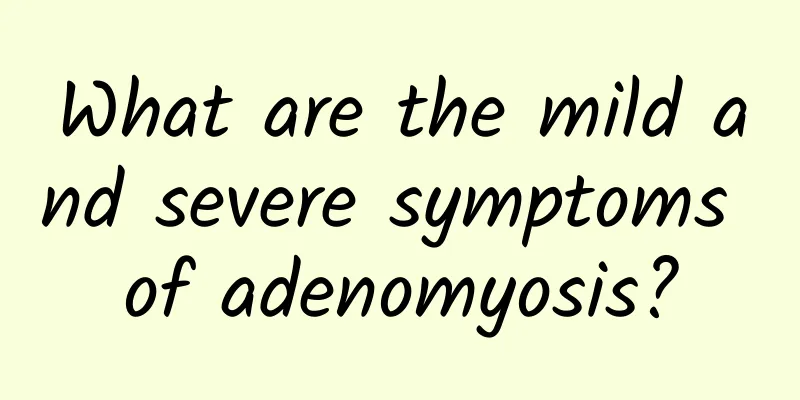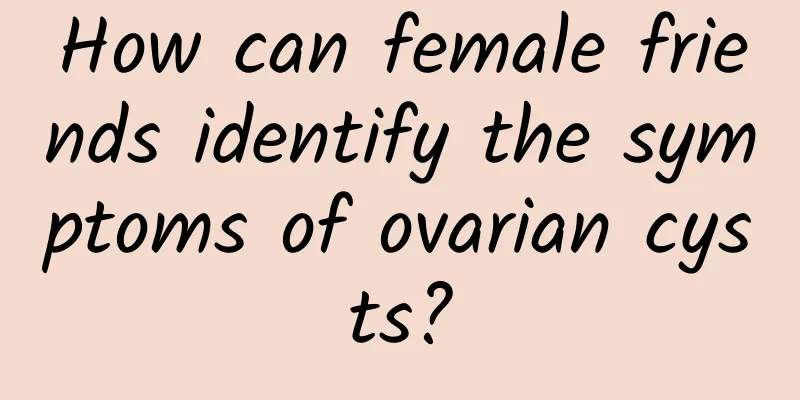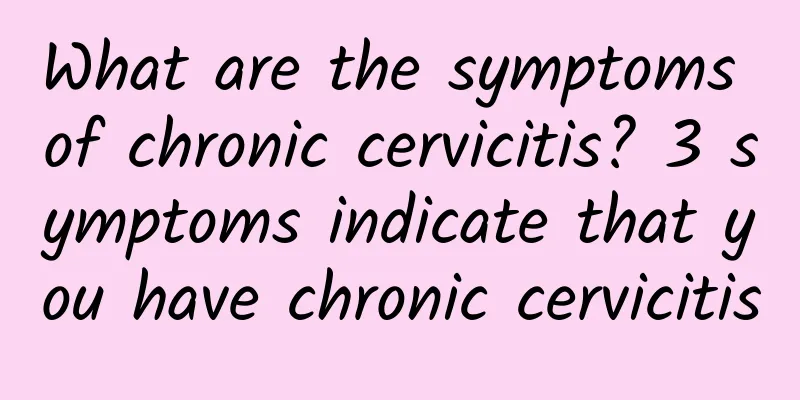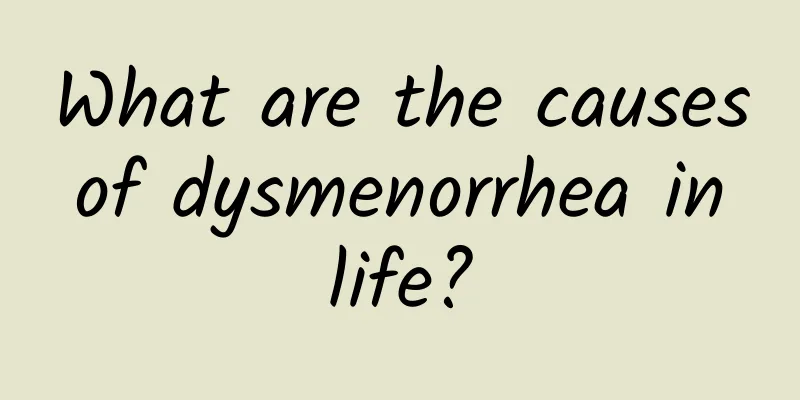Detailed introduction to pelvic peritonitis
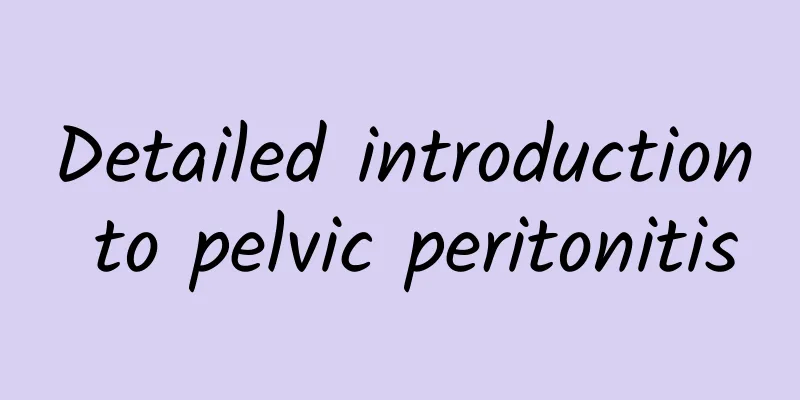
|
Pelvic peritonitis mainly refers to inflammation of the female reproductive organs. Acute and chronic inflammation can occur in a variety of female organs, including female vulvitis, vaginitis, cervicitis, and pelvic peritonitis. Pelvic peritonitis often occurs in women who are sexually active and menstruating. Pelvic peritonitis rarely occurs in women before menarche, after menopause, or unmarried people. Let's talk about the introduction of pelvic peritonitis. Pelvic peritonitis is divided into acute pelvic peritonitis and chronic pelvic peritonitis. Incomplete treatment of acute pelvic peritonitis is an important cause of chronic pelvic peritonitis, which lasts for a long time and is difficult to cure. Bacteria start from the vulva, pass through the fallopian tubes and eventually infect the pelvis. Pelvic peritonitis cannot be ignored and its hazards are multifaceted. 1. Pelvic peritonitis may destroy ovarian function, cause hormone secretion disorders, affect ovulation, and prevent the follicles from developing and maturing normally or cause them to rupture. It is one of the causes of infertility caused by pelvic peritonitis. 2. Chronic pelvic peritonitis often manifests as bilateral salpingitis, which over time causes the opening of the fallopian tube, especially the end that receives the egg (called the umbrella end), to be partially or completely blocked. The inner mucosa of the fallopian tube may also adhere due to inflammation, causing the lumen to narrow or close. This will hinder the passage of eggs, sperm or fertilized eggs, leading to infertility. 3. When pelvic peritonitis is severe, an abscess may form between the uterus and the rectum. After the inflammation subsides, it may cause adhesions and change the relationship between the ovaries and fallopian tubes, causing adhesions and closure of the fallopian tube fimbria, and thickening and hardening of the capsule on the surface of the ovaries, so that the eggs cannot be discharged normally. It may also cause infertility due to affecting the transport function of the fallopian tubes. Currently, there are many methods for treating pelvic peritonitis, including traditional Chinese medicine treatment, physical therapy, drug therapy, surgical treatment, etc. Surgical treatment is mainly for hydrosalpinx or tubo-ovarian cysts or small lesions with recurrent attacks. Surgical treatment is based on complete cure and other treatment methods are supplementary. |
<<: Is pelvic peritonitis a serious disease?
>>: What is pelvic peritonitis?
Recommend
Computer geek dad loses 37 kg for love! Weight loss tips revealed
Computer geek dad loses 37 kilograms for love! &q...
Will spleen and kidney deficiency cause abnormal leucorrhea?
Spleen deficiency and kidney deficiency may lead ...
What are the hazards of chronic cervicitis in women? If chronic cervicitis in women is not treated in time, be careful of these hazards
Chronic cervicitis is a disease that seriously ha...
The eye sockets are like chalky gray-white patches. Vitiligo is treated in a good way
There are white patches on the skin that look lik...
Grilled steak bursts with calories! If you are afraid of getting fat, choose low-fat fillet
The Mid-Autumn Festival, a time when "barbec...
How many days does it take for symptoms of ectopic pregnancy to appear? More than 40 days of pregnancy
For pregnant women, there will be great changes i...
What are the treatments for uterine fibroids? Are uterine fibroids benign tumors?
Everyone knows that the disease should be treated...
New Taipei City Health Certification Mark! Yingge Weng Zai Noodles Takes the Lead
Located on Yingge Old Street, Yingge Wengzai Nood...
Will cervical precancerous lesions recur after surgery?
Will cervical precancerous lesions recur after su...
What causes uterine fibroids? Does having sex more often affect uterine fibroids?
What causes uterine fibroids Uterine fibroids are...
80-year-old grandmother paralyzed by back-bending exercise sues famous doctor
Another medical dispute in the weight loss field ...
How to care for patients with cervical precancerous lesions in daily life
Cervical precancerous lesions are very harmful to...
Is vaginal bleeding really a symptom of cervical erosion? Two inside stories about cervical erosion that women need to know
Women will experience some symptoms in their dail...
What are the best ways to treat uterine fibroids?
Uterine fibroids are one of the most common gynec...
Amenorrhea with lactation requires prevention of pituitary microadenoma
The gonad axis of the human body is dormant in ch...
